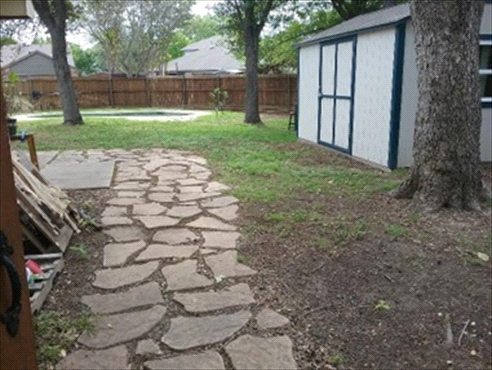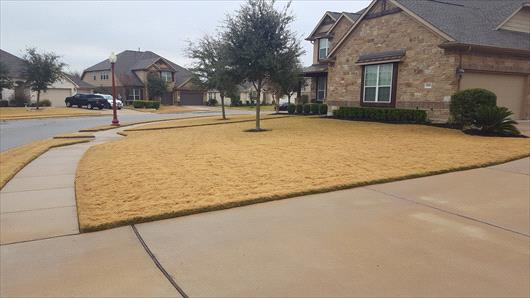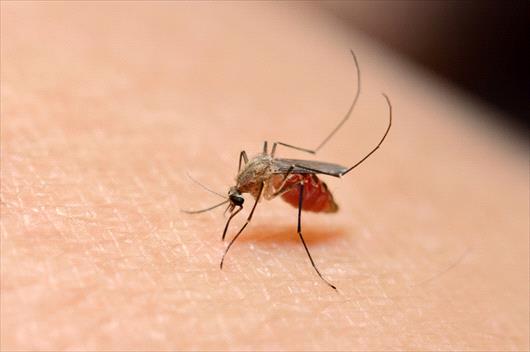Your Cart

Learn About Difficult to Control Weeds
Tips from Weed Man North Dallas Fort Worth
Promoting a healthy lawn is the best defense against having severe weed problems. Proper mowing and watering, regular fertilization and core cultivation when necessary are key ingredients in building a healthy lawn. The use of pest control materials as tools to control weeds and other pest problems will help protect grass plants and ensure vigorous growth in a lawn. Spurge is difficult to fully control. Pre-emergent products will reduce the population but will not completely eliminate this weed from appearing. Spurge appears in your lawn during the summer months. When you pull spurge out of the ground, it has one main stem root in the middle. It is an annual weed that appears in the summer primarily in St. Augustine lawns, but can be found in other North Texas lawns. It is distinguishable by its thick purple stems and small white flowers. Several types of speedwell species invade home lawns. Some are annual plants that reproduce from seed and others are perennial plants that can reproduce by seed, rhizomes and creeping stems. All are low growing with small leaves. Perennial species are generally more difficult to control. The two types of violets most commonly found on North Texas lawns include field violet, an annual weed, and sweet violet, a perennial weed. Violets are distinguished by their heart shaped leaves and their white, yellow, or purple flowers. Both types of violets can be extremely difficult to control. Glechoma hederacea L. This is a perennial weed that has a creeping growth habit. It lays prostrate along the ground with square stems and roots at every node. Its leaves are round with toothed edges. A distinguishing feature of this weed is that its stems and leaves produce a mint-like odor when crushed. This weed is more readily controlled than the previous two, however, like most of the weeds mentioned, it will take an ongoing effort by a lawn care professional to control it. Other weeds found on home lawns that are considered difficult to control include dallisgrass, nutsedge, field bindweed, wild strawberry, mossy stonecrop, yarrow and knotweed. A combination of proper cultural practices, adequate nutrition and a progressive weed control program that may include repeat applications of government regulated weed control materials will help to control these weeds over time. It may require several years of effort by a lawn care professional and the homeowner before adequate control of these weeds is achieved. These weeds are seldom a concern in North Texas lawns; however, when they do appear, they can present a major problem. All are perennial plants and are extremely persistent. All reproduce by underground stems called rhizomes that make them very difficult to control. They cannot be selectively controlled on a lawn using weed control materials. They can, however, be effectively dug out of a lawn as long as care is given to remove entire plants, including all underground reproductive structures (seeds, rhizomes, roots).
Most broadleaf weeds that invade lawns can be effectively controlled with the use of selective weed control materials that are currently available. These products are referred to as selective because they only affect the weeds and do not harm the grass plants in a lawn. There are, however, some weeds that are extremely difficult to control and some that cannot be controlled with the use of these materials.
Special attention and care is often needed to control these persistent weeds. Some difficult to control weeds found on North Texas lawns are listed below. If weed problems such as these exist on your lawn, your Weed Man North DFW can assist you with a program that will help reduce or eliminate this problem over time. Spurge
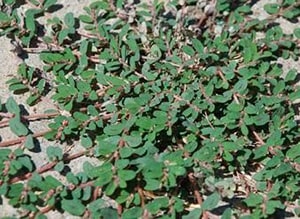
Virgina Buttonweed
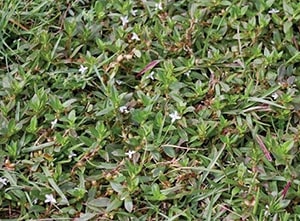
Speedwells
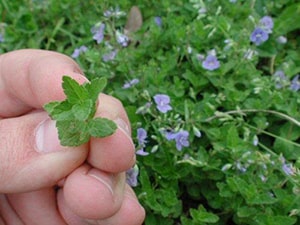
Violets
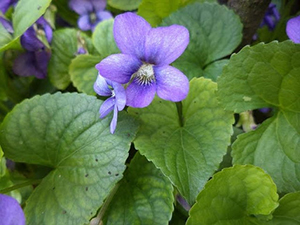
Ground-Ivy or Creeping Charlie
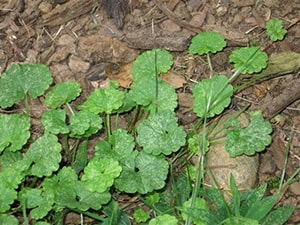
Other Difficult Weeds
Weeds Resistant To Selective Methods of Control:
Your Weed Man North DFW are trained specialists. They can properly identify any broadleaf weeds that exist on your lawn and determine the most suitable method for their control. Contact your Weed Man North DFW professional if you would like to have your property inspected free of charge.


